They are not exactly what you think.
As the interest surrounding climate change, environmental protection, and animal rights increases, industries worldwide, from fashion to food, are taking notice. From going vegan in our diets to replacing our old furs and skins to ‘vegan’ leathers, we have made a considerable change in the way we lead our lives. This brings us to our topic of discussion for today.
The term vegan leather, paradoxical though it may be, in essence, refers to faux leather or synthetic alternatives to leather. Vegan products are completely cruelty-free and contain no animal-derived materials, fabrics, or by-products.
Leather is a deeply problematic material as it involves the wanton slaughter of animals and also often allows unethical and unnecessarily cruel methods to be practised on animals. Furthermore, leather has been named the key culprit in the Amazon Rainforest fires of 2019, which had nearly one hectare of rainforest being lost to ranches every 18 seconds.
Given this, it is no wonder that more and more people are switching to environmentally-friendly leather alternatives, otherwise known as vegan leathers. There is, however, a catch. The sustainability of vegan leather has come under scrutiny in recent years. Here is everything you need to know about vegan leathers and how to remain a sustainable fashion icon.
The Ethical Question
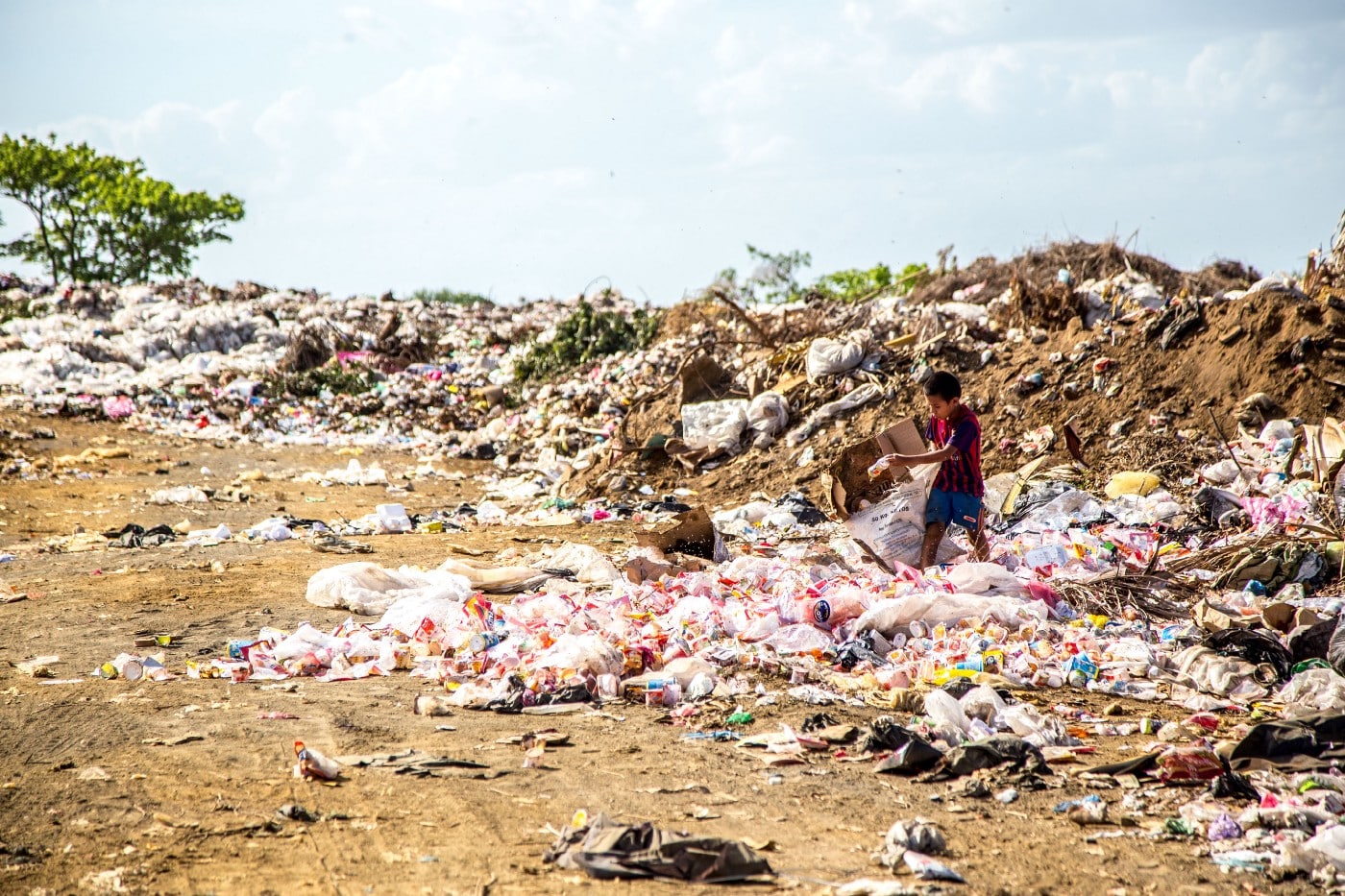
Vegan leather is 100% cruelty-free and uses no animal products. This much is true. The flipside to this, however, is that most synthetic alternatives are made from polyvinyl chloride (PVC), and polyurethane. As both of these materials are made from fossil fuels and are non-biodegradable, they pose a serious threat to the environment.
Due to the supple, vinyl-like texture of artificial leather, these leathers need a plasticizer called phthalates to make it more flexible and soft enough to work with. These phthalates, however, are an environmental hazard. The production of vegan leathers also generates dioxins that are potentially dangerous chemicals when burned. They are known to be toxic to both plants and animals.
Furthermore, as these artificial leathers tend to be substandard compared to genuine leather and have a shorter lifespan, most of these products end up in the landfill. As they do not decompose, they release dangerous and hazardous chemicals into the water and soil.
While vegan leather solves one set of problems, it comes with its own toxic baggage. So, how does one get around this catch-22 situation? To buy or not to buy, that is the question.
The Alternative
Human nature compels always to find a solution, no matter how complex the problem. If there is even the tiniest way out, you can trust that we will find it. So, without further ado, here are some alternatives to the alternative.
Piñatex
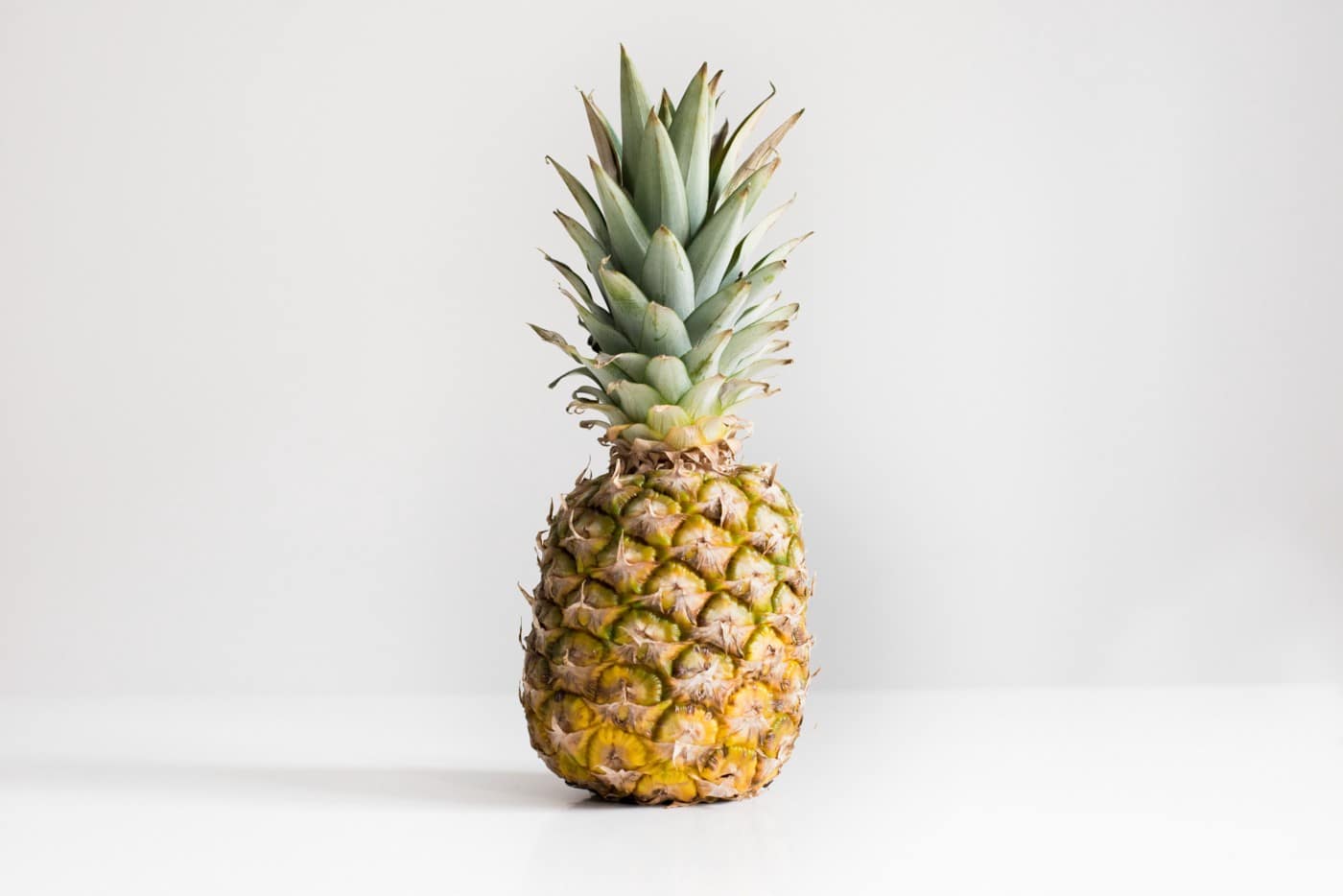
Invented by Anam Ananas, Piñatex is one of the most well-known and widely used vegan leathers and PVC alternatives that are made from waste pineapple leaf fibre. This means that no additional raw material is required for the production of this leather.
Inspired by a wealth of natural resources, founder Dr. Carmen Hijosa began her journey with Piñatex in the Philippines, where she realized the harmful environmental implications of the leather industry.
An ingenious solution to the problem at hand, this pineapple leather has a positive socio-economic impact and a low environmental footprint throughout its life cycle. Moreover, as leaf fibre is an agricultural waste product, Piñatex makes available scalable commercial business opportunities to small, developing farming communities.
Coconut Water
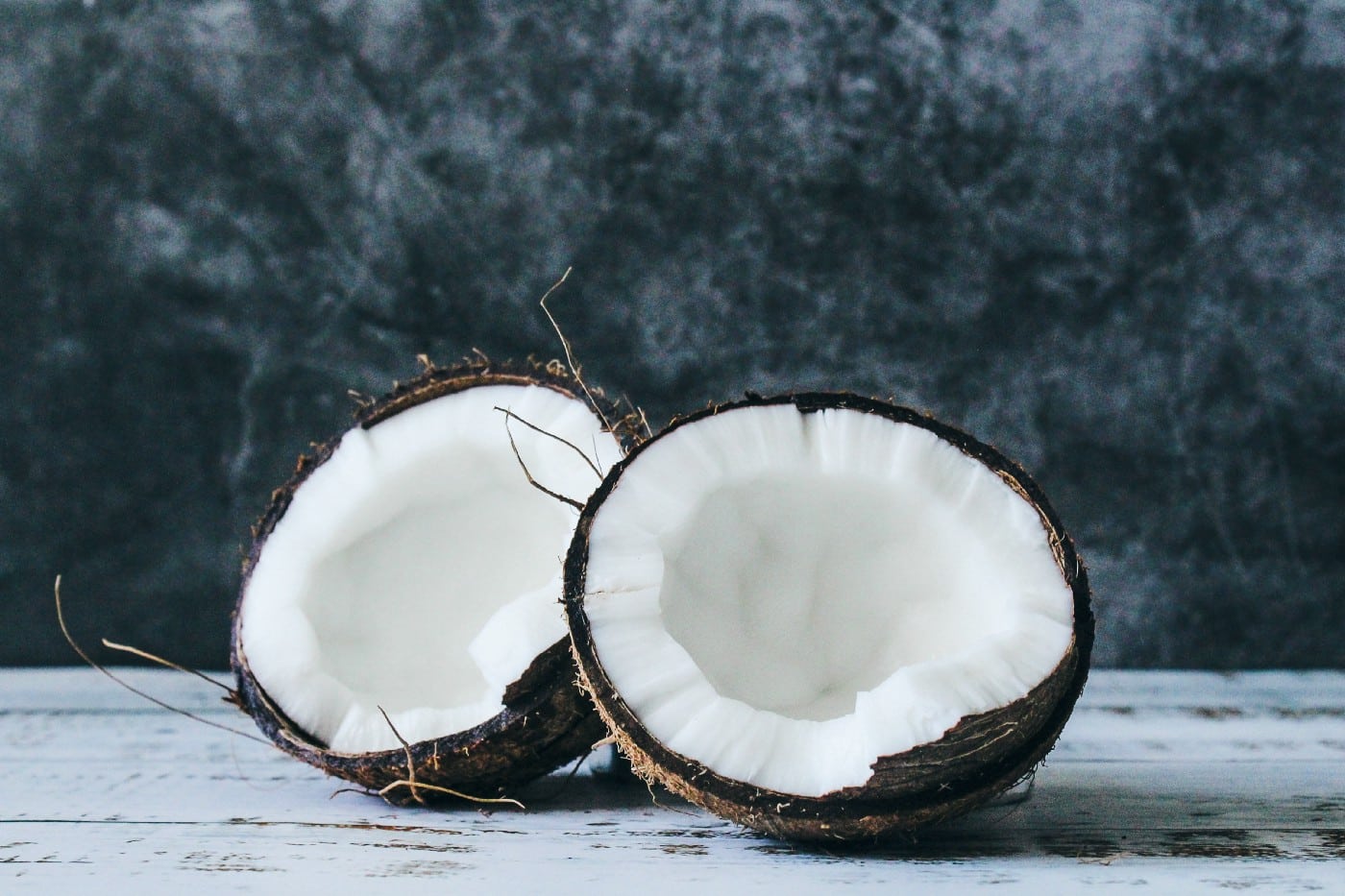
A coconut tree is the epitome of zero waste. From the leaves to the fruit, every part of the tree has something to offer. So, it is but natural that we would find a solution in the coconut. Malai, a start-up, specializes in creating bio-based products.
Working in tandem with coconut farmers and processing units in Southern India, they have used waste coconut water to create Malai — a flexible, durable biocomposite material with a leather-like feel. The otherwise damaging water is repurposed to feed the bacteria’s cellulose production, which is refined and turned into the finished product.
Malai has collaborated with designers across the world to turn this material into some amazing products. From strappy sandals to gorgeous handbags, anything is possible with Malai!
Cactus Leather
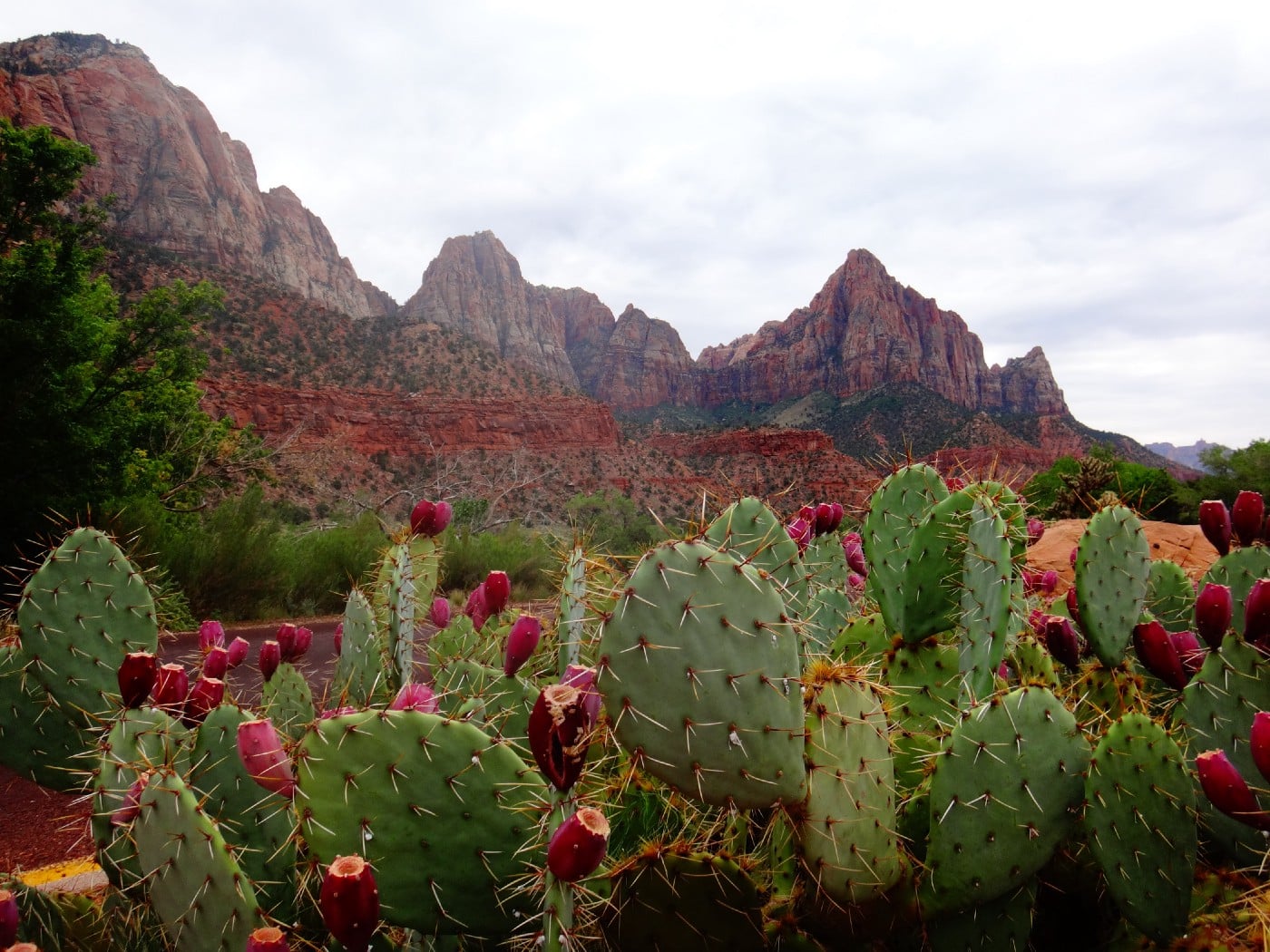
It is hard to associate a plant infamous for its prickly spikes with the smooth and soft material that we know leather to be. Desserto, a brand based in Mexico, has defied all odds by turning nopal cactus leaves into an all-natural, organic, and cruelty-free leather.
The material is free of toxic chemicals, phthalates, and PVC and is also partially biodegradable.
In addition to being environmentally sustainable, this plant-based leather is also soft, durable, and of a high enough quality that can be utilized for clothes, furniture, accessories, and car interiors.
Mushroom Leather
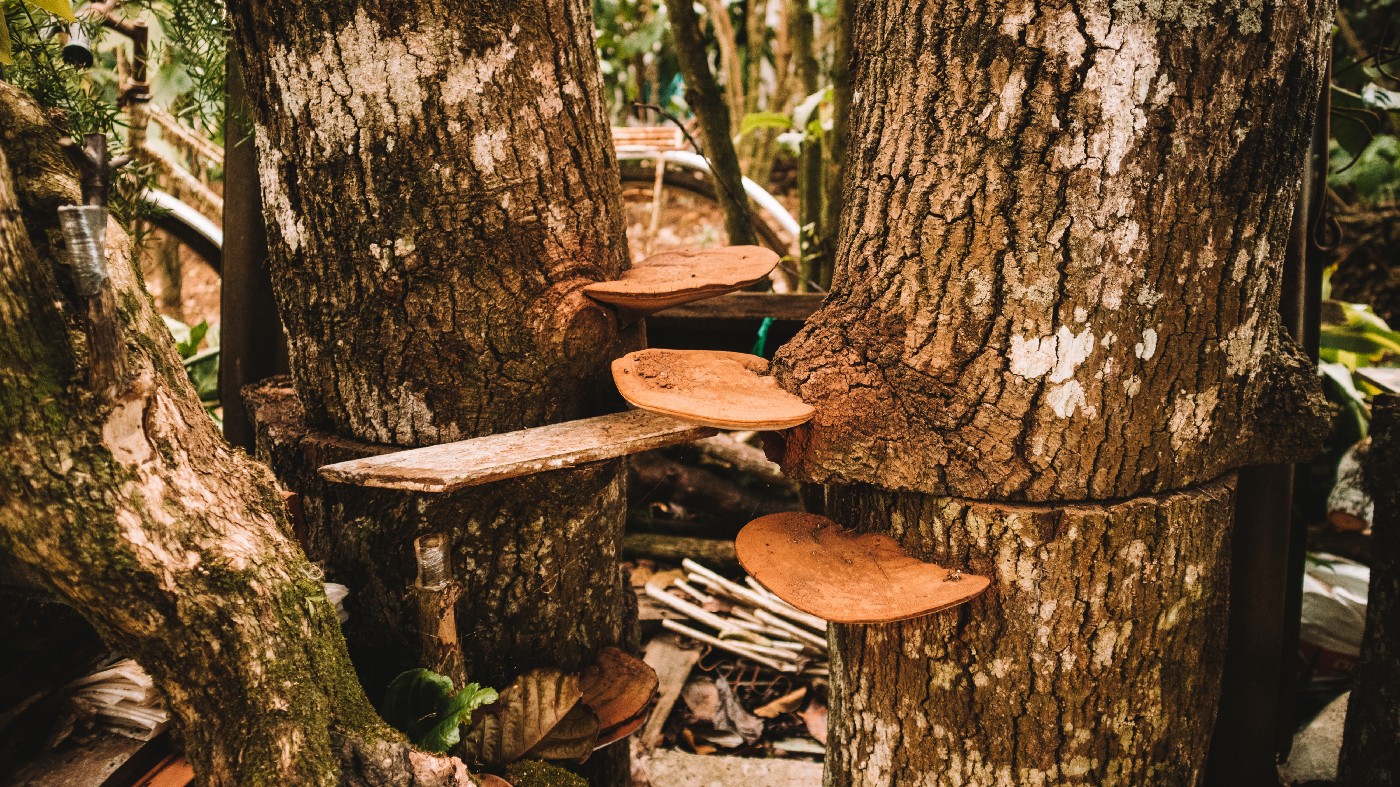
Perfect for soups and jackets, mushroom leather is another popular vegan leather alternative. MusKin, invented by Grade Zero, is a leather-like material derived from a mushroom called Phellinus ellipsoideus. The production involves all-natural techniques including an eco-wax alongside a few other eco-friendly products that give the material a soft, suede-like texture.
Another brand, nat-2™, known for its eco-friendly, sustainable footwear, has also recently come out with a new line of ‘fungus-made sneakers’ that are from their own variant of mushroom leather.
Vegan fashion is upping its game and this is only a glimpse into the abundance of vegan, sustainable options that you have to choose from. From grapes to apples, a variety of flora and fauna have been used to create vegan alternatives to leather. These materials not only offer a solution to the problems posed by animal leather but also put to the rest the environmental concerns regarding synthetic leathers.
If you plan on becoming a more eco-conscious consumer, you now know what to look out for when replacing your biker jackets and ankle boots. So, take your pick, make the ethical choice and save our animals and environment!
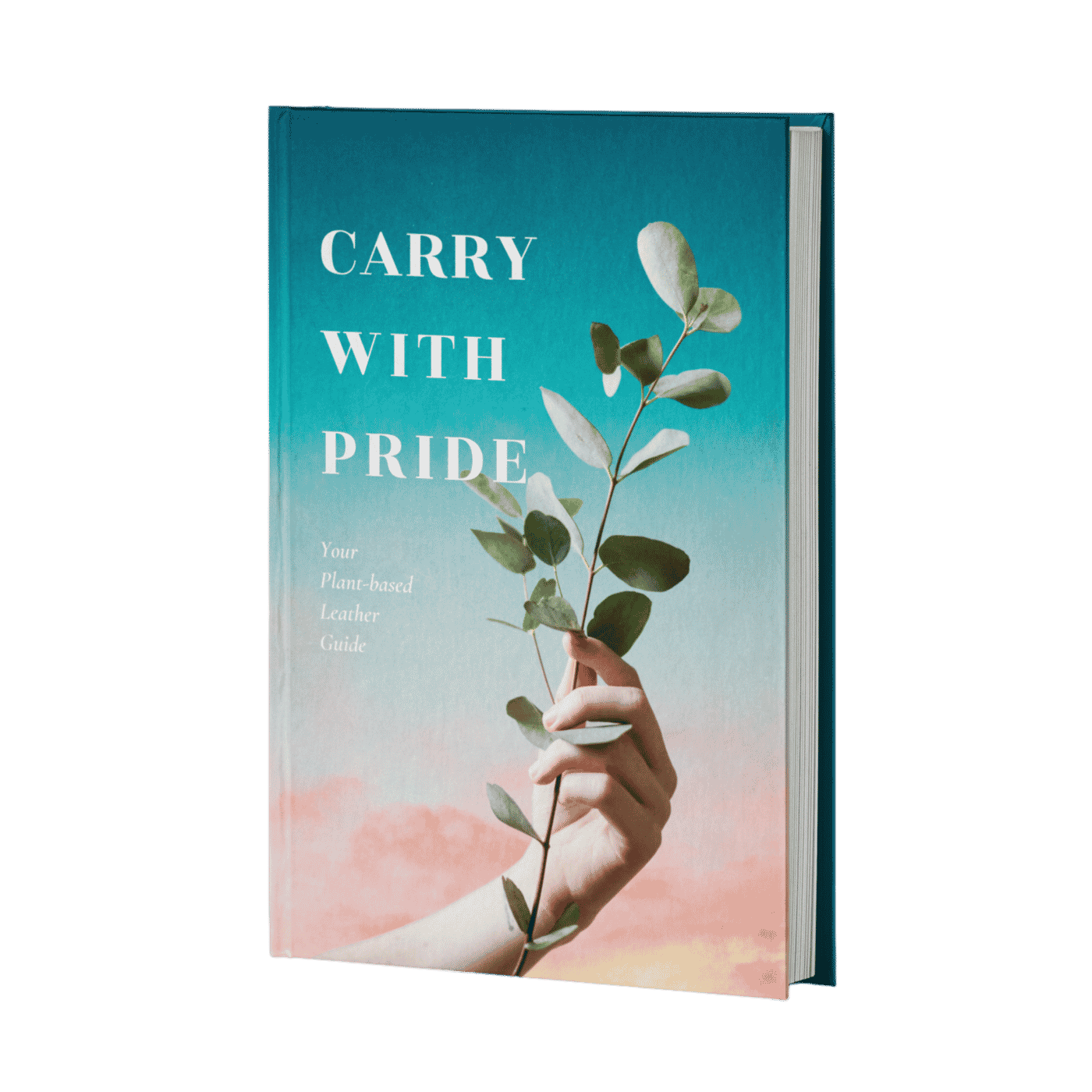
Sign up for our mailing listing and get your FREE Plant-Based Leathers Guide today.
At Cosmic Love, we create cruelty-free handbags that are made of plants rather animal skins or plastic. We make our bags with eco-conscious modern women in mind because we are one of those women and above all, we care.

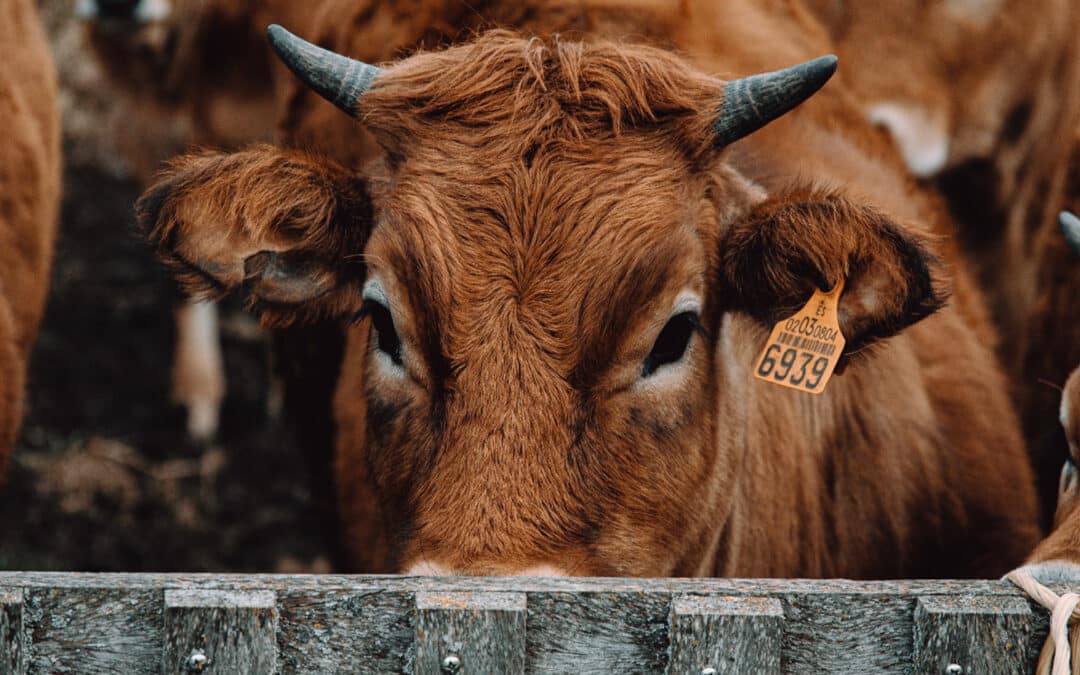
Recent Comments